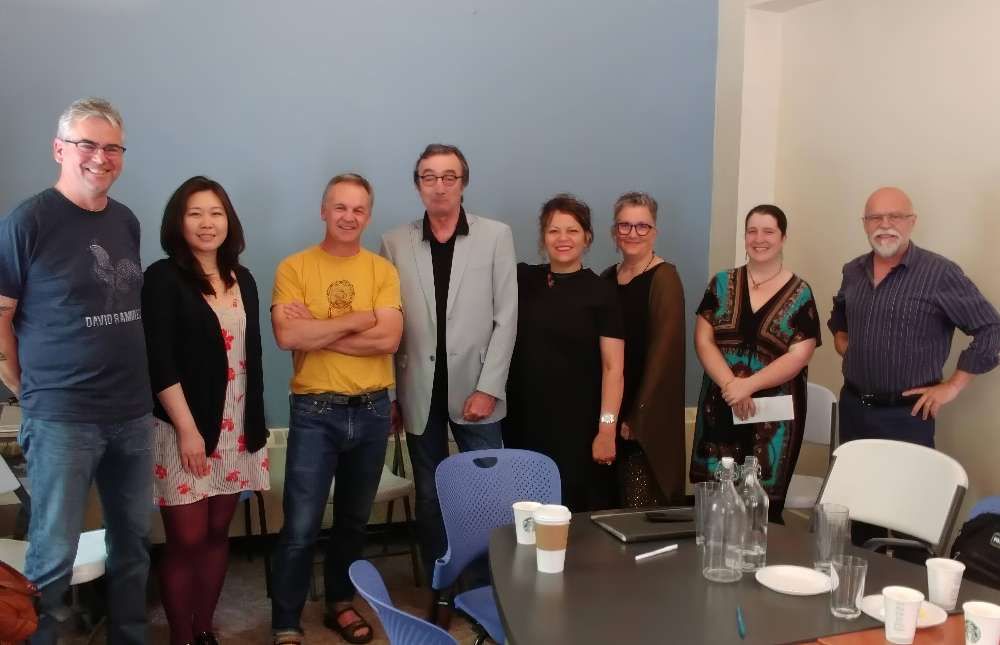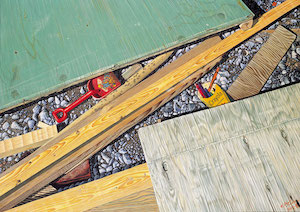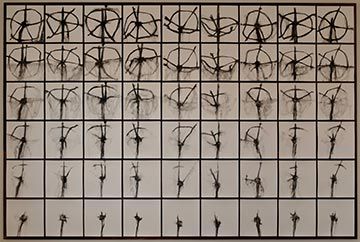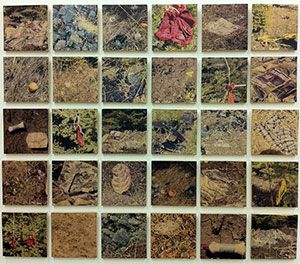Friday, July 30, 2021 -
TORONTO [July 30, 2021] – Access Copyright’s case against York University was about remedying the significant and sustained economic harm to creators and publishers caused by the mass, systemic and systematic copying of their works without compensation by the education sector under self-defined fair dealing guidelines.
This economic harm was proven in court. Today’s Supreme Court decision did nothing to undermine that conclusion. Indeed, it declined to endorse York’s guidelines, which are virtually identical to the guidelines adopted by most of the education sector outside of Quebec.
While today’s decision does not dispute the harm, it declines to remedy it.
After almost 10 years of litigation and economic harm to the writing, visual arts and publishing sector, creators are still left fighting for fair compensation for the use of their works by educational institutions.
Disappointingly, the Court’s decision undermines collective licensing as well as the role of the Copyright Board of Canada in upholding a functioning market for creative works.
The Supreme Court’s finding that tariffs are not enforceable exacerbates the struggles of creators in today’s marketplace where the imbalance in bargaining power does not lie with creators and their collectives, but with large institutions that brazenly abuse uncertainty in the law, push exceptions to the extreme and deprive creators of their just reward. This decision marks the beginning of a significantly more challenging environment for creators to manage and monetize their works in an increasingly digital environment.
This threatens investment in and creation of Canadian works that reflect our lived experiences and values to the detriment of all Canadians, starting with our students.
“Canadian creators and publishers spend countless hours shaping and building the published material that inspire students. Educational institutions should be setting an example by respecting the work of others by fairly compensating creators for the use of their work. Instead, they have chosen to refuse to do so for almost a decade now,” said Roanie Levy, Access Copyright’s President & CEO. “There are no winners with today’s Supreme Court decision: we will all have fewer stories that speak directly to us as Canadians and chronicle our shared reality.”
The Supreme Court specifically said today that it is “open to Parliament to amend the Copyright Act if and when it sees fit to make collective infringement actions more readily available.” On behalf of Canadian creators and publishers, we call on the federal government to support the creative community and remedy the untenable situation in which creators find themselves as a result of the Court’s decision.
-30-
About Access Copyright
For over 30 years, Access Copyright has facilitated content use for educational and professional purposes. Access Copyright has helped people make customized use of published materials combined with an assurance that the original creators and publishers also benefit, so that they can continue creating new and innovative works. This is vitally important to a strong Canadian culture and to all who rely on quality publications.
For general media inquiries:
Robert Gilbert, Communications Specialist and Affiliate Relations, [email protected]














